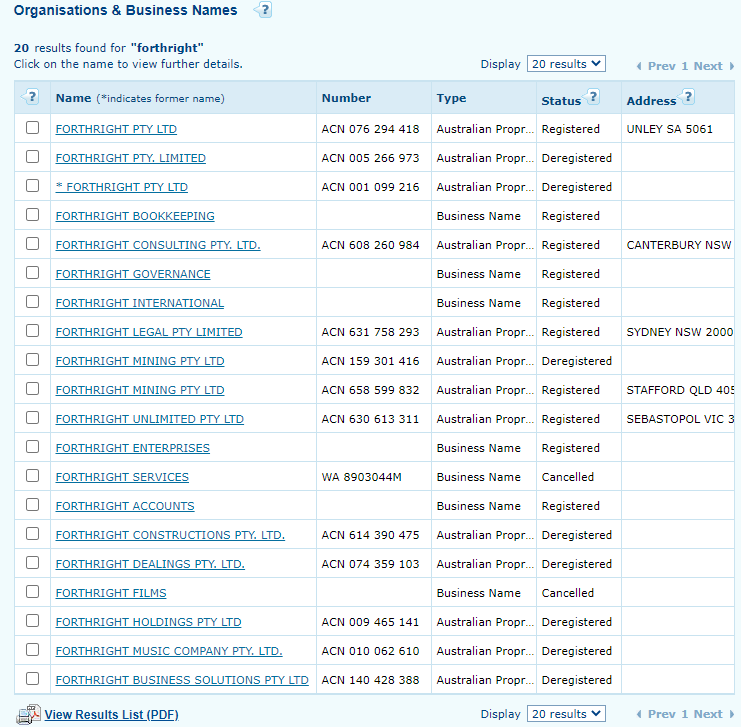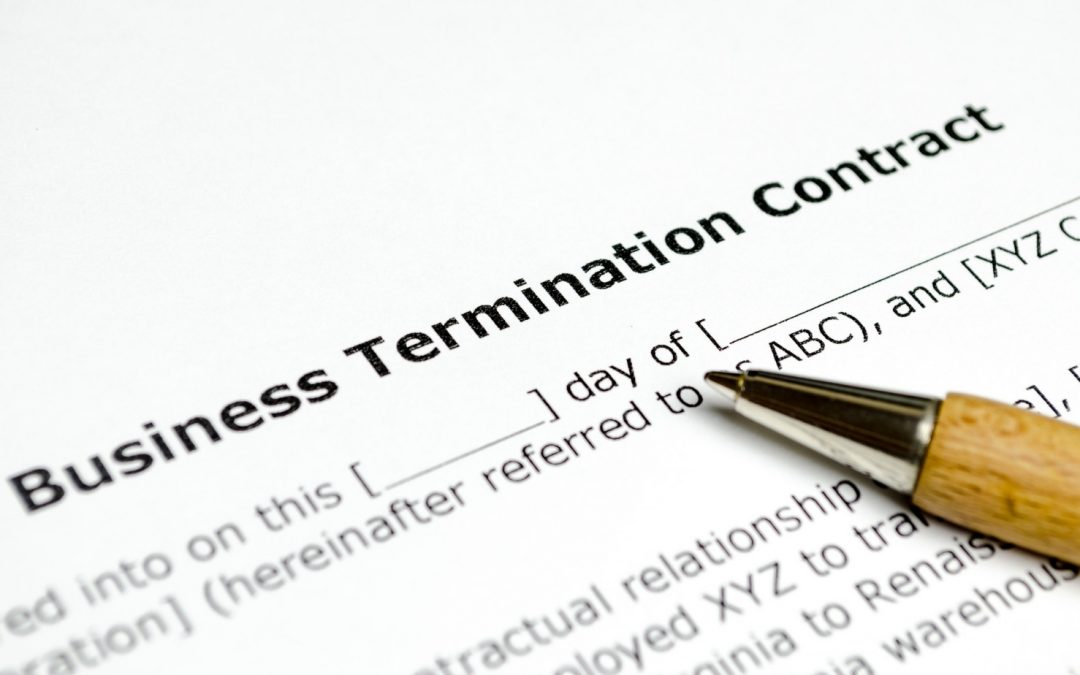You might be incredibly excited about buying a business, and we have come across people who have decided they want to work from home, have a look on Facebook marketplace and agree to spend money they don’t have, all in one day. No consultation with a lawyer or accountant, no real understanding of what is involved in the business. It did not last and it cost them money.
We’ve also come across people who buy a business with unrealistic expectations of the work involved and an expectation that if the bank is prepared to lend them the money, they would be able to make a success of it.
A business purchase is a big commitment. It is not just the cost involved, but running the business afterwards. The next three case studies to show why it is important not to rush into a purchase.
Case Study 1
A young lady came to us with an offer from her employer to purchase the hairdressing business she was working in ‘cheap’, and to take over the lease for the business. She was keen to sign the agreement, as the seller (her boss) wanted to get out of the business before the end of financial year and it was already June.
A quick review of the deal suggested that our client would be taking on a business that was only still operating because of her work, a lease that had three years remaining and was not cheap, and the need for some refurbishment of the salon. The landlord was offering a $5,000 incentive for fitout, but the likely cost was probably going to be higher.
Fortunately, we were able to get our client to slow down and get accounting advice on the business, and to identify to our client that the seller would benefit to the tune of $30,000 per annum by being out of the lease. We encouraged our client to get an estimate of fitout renovations, which came in at a little under $70,000.
Our client decided there was no benefit in the deal to her and other opportunities were out there.
Case Study 2
A client came to us after having already taken over a beauty spa business. She thought she had a good deal because the replacement cost of the relatively new equipment in the business was significantly higher than the requested purchase price, and the vendor was providing finance.
By already being in the business and having paid a deposit of $5,000 to the seller, our client was committed, and there was nothing in writing. The client came to us desperate to get a sale agreement documented because the seller had said they would do it and hadn’t. Our client was already paying the rent, COVID restrictions came into effect and the seller was suddenly very cooperative in getting the paperwork complete. The landlord was fortunately agreeable to transferring the lease, but our client did not want us to advise on the lease, which was very basic.
Two years down the track it became apparent that the appropriate council certifications had not been obtained for the plumbing work on the premises and the premises were non-compliant. The lease and assignment of lease were silent on responsibilities and our client ended up footing the bill.
Difficulties with the lease could have been resolved before the purchase was completed if the client had not already been in the premises and operating the business before getting advice.
Case Study 3
Our client was looking to buy his first business at around $200,000 and had found a business through a broker that he was keen to buy. He arranged the finance, did his own due diligence and asked us to become involved at contract stage. The broker had prepared the contract on behalf of the seller.
When we received the business purchase contract, it was unclear from the contract what exactly our client was buying. On talking to the broker, they had moved from selling residential property into business broking and were inexperienced in the area. They were also quite frustrated that our client hadn’t simply signed the agreement and sent it back.
Without the business sale contract clearly setting out what was being sold, we couldn’t assure our client about what they would receive. In addition, the landlord wanted the buyer to enter into a new lease at a rent $10,000 per annum more than the seller had disclosed to our client.
Fortunately, our client did not rush to sign and when answers to our questions were not forthcoming, and his circumstances changed, he decided not to go ahead. In that instance he had invested in getting legal and accounting advice and told us he had a very valuable learning experience.







Recent Comments